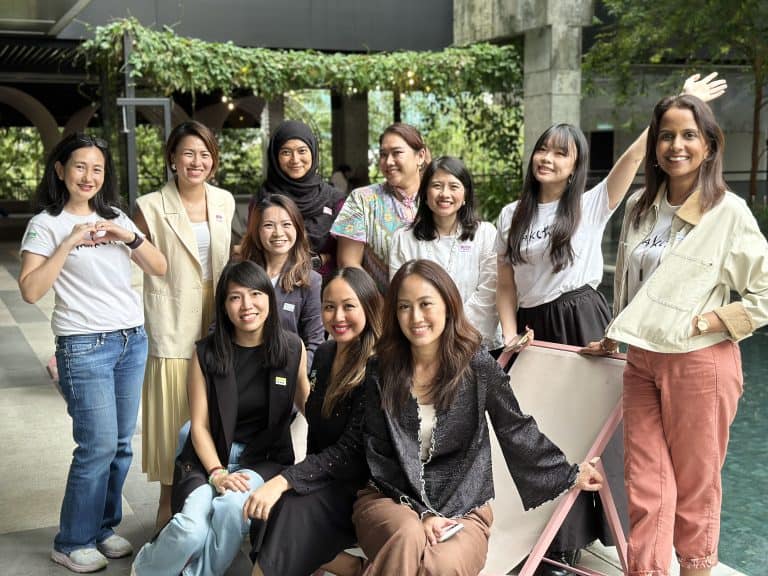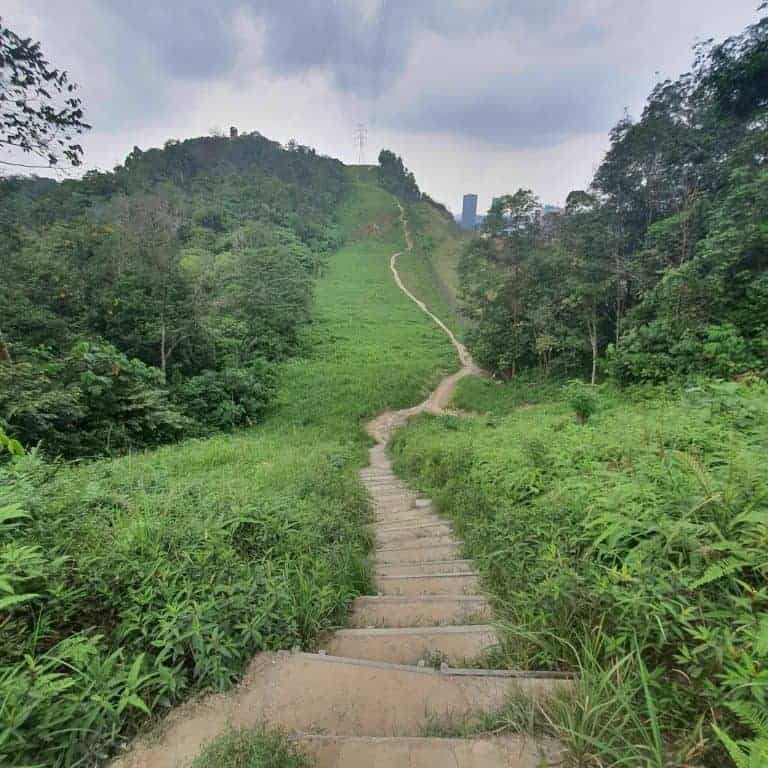We should not ask a child forced to flee her home to also give up her education and her dreams for the future. And we must recognise that among today’s refugee children are tomorrow’s leaders, on whom we will all depend for peace.
– Malala Yousafzai, student, activist and Malala Fund founder
Malaysia, a nation known for its hospitality, currently hosts nearly 198,00 refugees and asylum-seekers registered with the United Nations High Commissioner for Refugees (UNHCR). Yet, despite their significant presence, Malaysia is not a signatory to the 1951 Refugee Convention, leaving refugees here in a limbo without formal legal status. This critical absence of a legal framework severely restricts their access to basic rights, including formal employment, healthcare, and most critically, education.
The impact of this legal vacuum on refugee youth is profound, particularly when it comes to higher education. In Malaysia, a staggering reality is that barely 1% of refugee youth have access to university-level education. This figure pales in comparison to the global average of 6% to 7% for refugees, and is a far cry from the 42% global average for non-refugees. This dire situation highlights the urgent need for intervention, aligning with the UNHCR’s 15by30 vision to increase refugee enrolment in higher education globally to 15% by 2030.
The reality for refugees in Malaysia
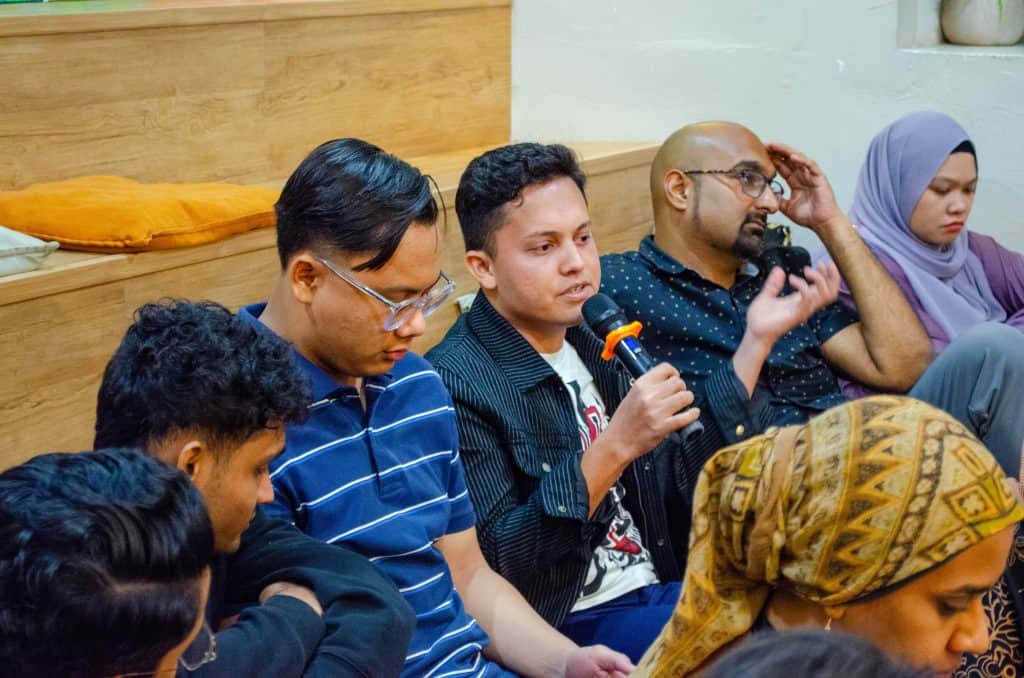
Living without official recognition and with limited pathways to education and work takes a heavy toll. Nur Sadek, a Rohingya refugee and Fugee HiEd scholar, articulates this pain acutely:
Since birth, I have always felt neglected, not just by my own country, but also by the neighbouring countries and the environments around me. I left my family and came to Malaysia with the hope of finding acceptance and kindness, but often, Malaysia makes me feel like my very existence is a burden, a curse that I must carry alone.
He laments being seen not as someone who fled genocide, but as “a job snatcher, an outsider, someone who doesn’t belong: a threat, someone detainable, deportable, and disposable.” This constant justification for basic human rights — safety, education, and dignity — is a daily struggle. He powerfully challenges common misconceptions: “People say refugees are uneducated and unskilled. But how do you expect refugees to be educated when the system bars them from schools? How do you expect them to gain skills when there are no legal pathways for them to work?”
The power and purpose of education
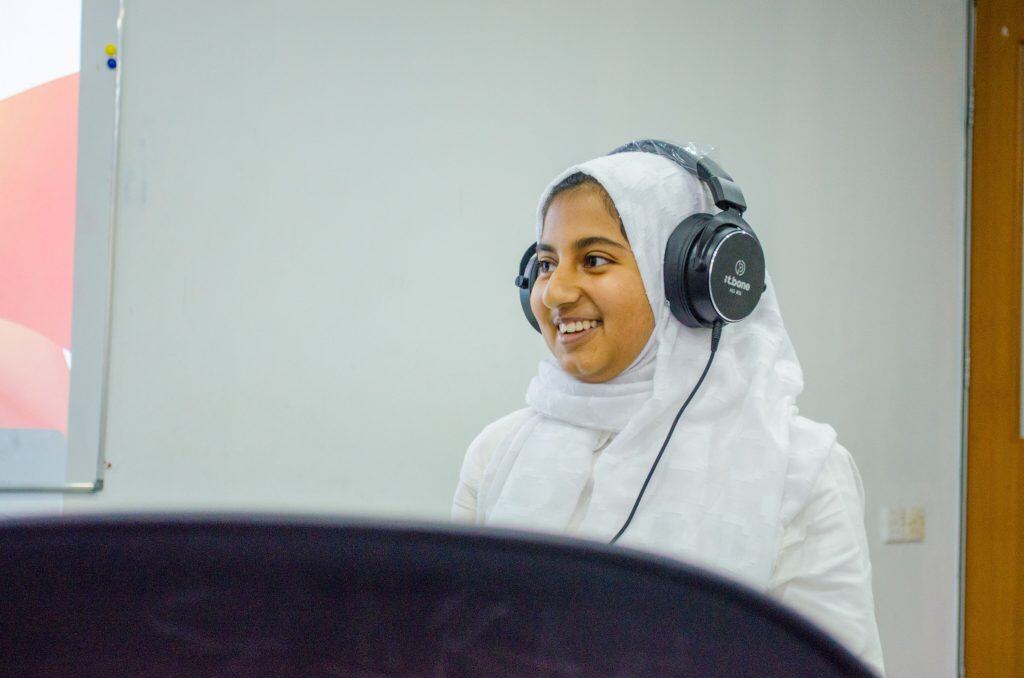
The longing for education and belonging begins early. In Malaysia, only 30% of refugee children are enrolled in school, with most going to community or NGO-run schools. Amtul, a Pakistani refugee and Fugee School student, recounts the profound impact of not being in school for a year when she first arrived in Malaysia: “When I couldn’t go to school, I felt lost and disconnected from the world. It was like time was moving forward, but I was stuck in the same place.” For children like Amtul, finding a place to learn offers more than just knowledge; it provides a sense of purpose and belonging.
Joining Fugee School felt like stepping into a new life. For the first time I felt seen, I’m no longer behind. Everyone was supportive, and hopeful. I wasn’t just a refugee anymore — I was a student, with potential. Teachers believed in me. It gave me a sense of belonging and reminded me that my dreams were still possible.
Towards this end, organisations like Fugee play a crucial role. As the only organisation in Malaysia offering university scholarships to refugees, Fugee’s HiEd Scholarship Programme directly contributes to creating these vital pathways. To expand this life-changing work, Fugee has launched a fundraising campaign for the HiEd Scholarship. This year, the ambitious goal is to award 30 scholarships, enabling more refugee youth to access higher education and realise their potential. Every contribution directly empowers a refugee student to pursue their dreams and build a brighter future.
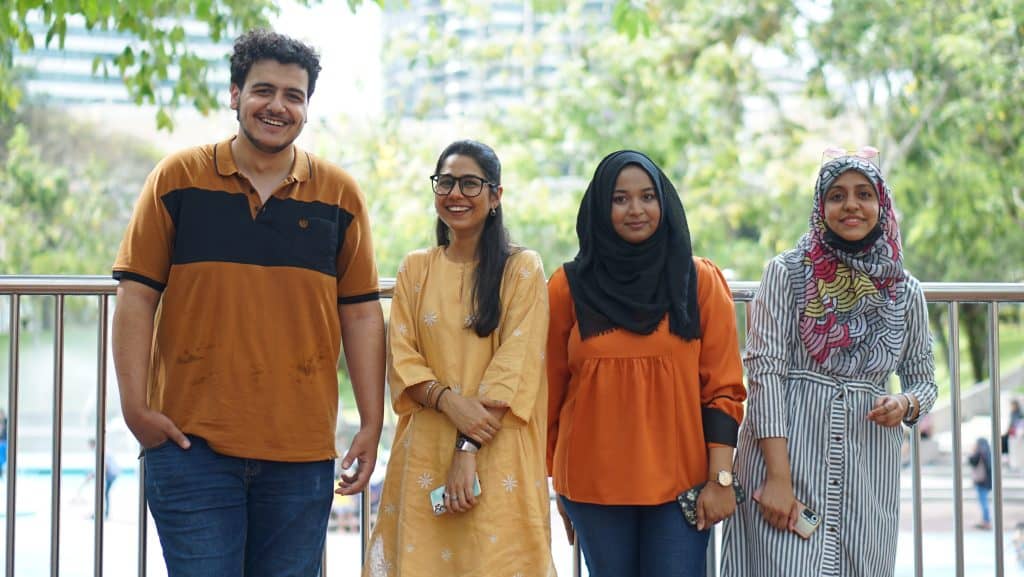
Beyond scholarships, Fugee continues its mission to foster understanding and advocate for refugee rights through initiatives like Jom Borak. These events aim to dispel myths and build empathy between Malaysians and refugees, creating a space for open conversation and connection.
Surviving and thriving
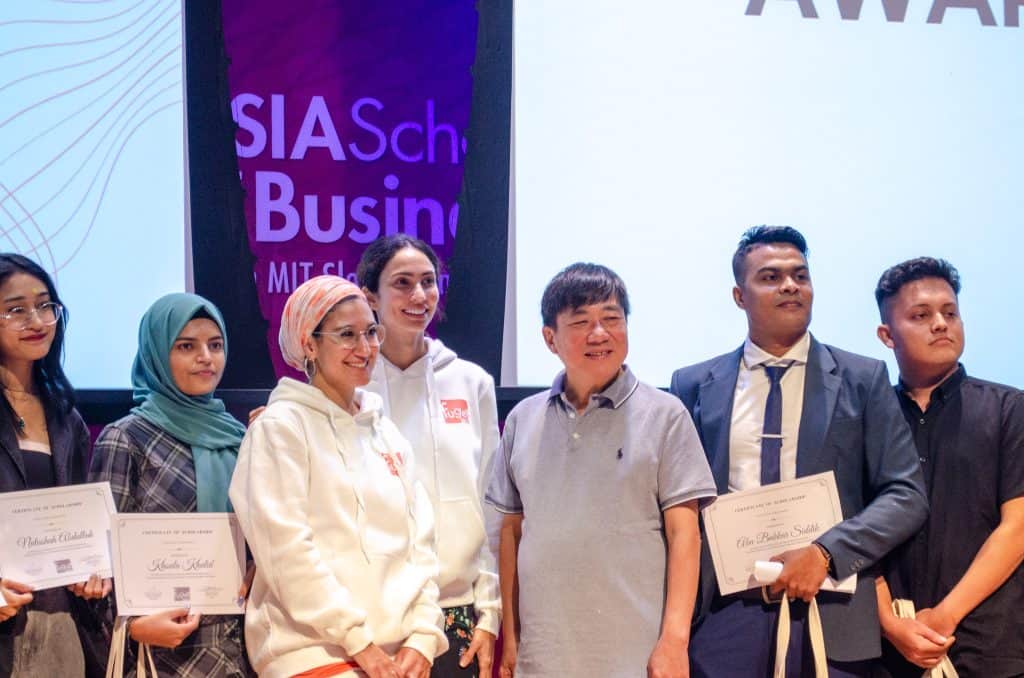
Despite the immense challenges faced by them, the resilience and determination of refugee youth in Malaysia shine through. For Nur Sadek, receiving the HiEd Scholarship was a moment of profound validation.
Receiving this scholarship made me feel seen, even if only by a few. This opportunity has helped me believe in humanity again, and it has brought me closer to the dreams I carry, to become a voice for the voiceless, and a helping hand to those who need one.
His dream is to pursue a master’s degree in Refugee Law or Human Rights, to “fight for fairer policies and better protection” and to “prove that refugees are not helpless… We can think, create, lead, and contribute meaningfully to society.”
Amtul shares a similar vision for her future, dreaming of “becoming someone who can make a difference — not just for myself, but for others like me who have valuable skills.” She hopes to “live in a world where refugees are treated with dignity, where we are not defined by our struggles, but by our strength and resilience. And refugee children in vulnerable communities, regardless of their status are allowed to study and pursue their dreams.”
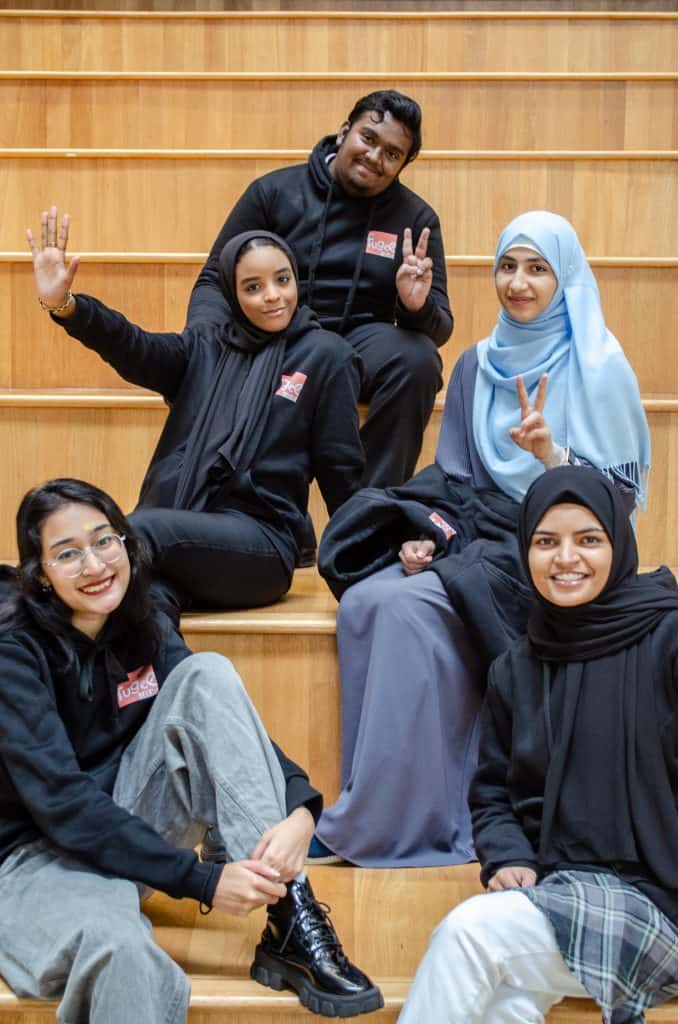
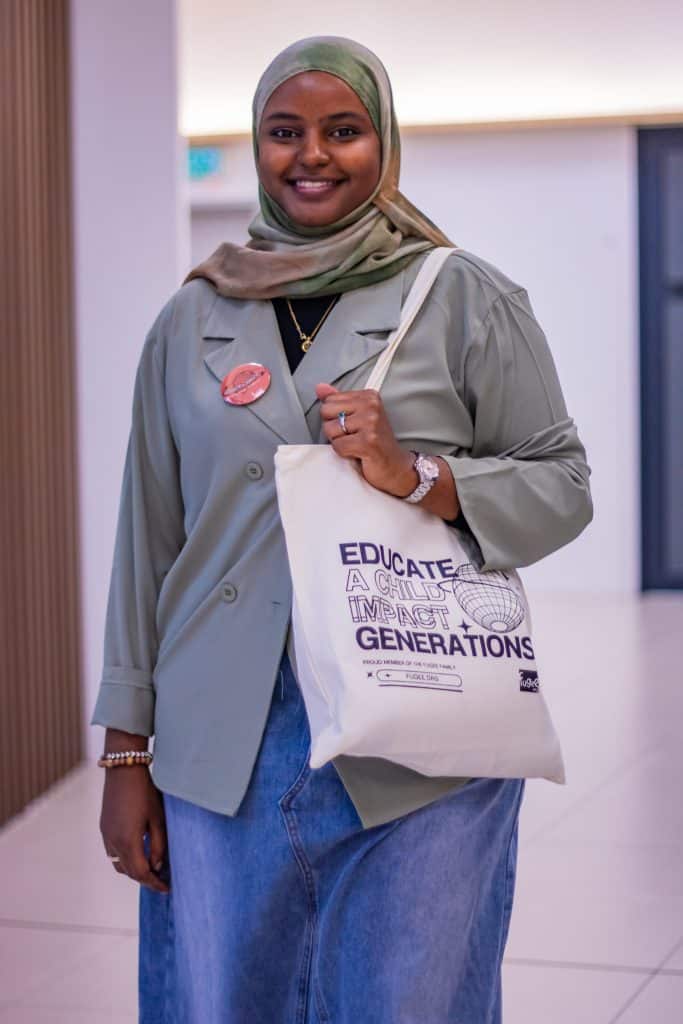
Recipients of the HiEd Scholarship from previous cohorts.
As Amtul expresses, “Refugees are not just victims. We are people with stories, talents, dreams, and the will to survive and thrive. We didn’t choose this path, but we are doing our best with what we have. We want to contribute to society, not be seen as a burden.”
What must Malaysians realise?
Nur Sadek acknowledges that whilst the Malaysian public may not have power to change policy, the least we can do is to treat refugees as humans with dignity. “Can we deny that kindness doesn’t require a legal system? Humanity doesn’t need laws to show compassion. Malaysians don’t need to look for a specific law to treat refugees with dignity.”
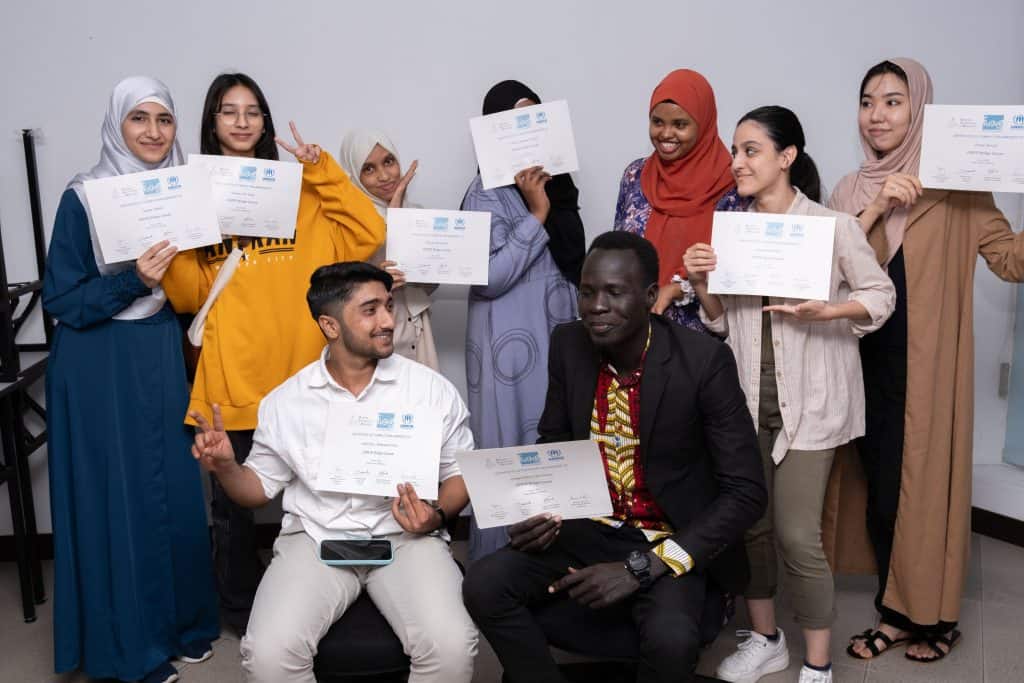
The theme for this year’s World Refugee Day is apt indeed: outlining the importance of standing in solidarity with refugees, making space for their stories and upholding their rights. May we continue to bridge gaps and create a more inclusive and equitable future for all.
By Munira Hamzah
Marketing and Communications Manager, Fugee
Fugee Org is a leading non-profit recognised by UNHCR focused on improving life outcomes for refugees in Malaysia, by providing education services and beyond. From primary school to higher education, Fugee provides a comprehensive educational journey, equipping refugee youth with the knowledge, confidence, and skills to become agents of change in their communities.
Since 2009, Fugee has established itself as a leading educational non-profit that paves the way for refugee education and employability in Kuala Lumpur, Malaysia. Their Fugee School, now in its 16th year, equips refugee children with technical, creative and life skills so they can cope with all kind of challenges. If you wish to support the Fugee HiEd Scholarship campaign through donations, please click here for more information.
Fugee will also be making an appearance at the following events this June to host Jom Borak sessions, in line with World Refugee Day:
Stand With Myanmar (organised by COBEM & other NGOs)
Date: 21st and 22nd June 2025
Time: 12.00pm – 7.00pm
Venue: The GoDown Arts Centre
Activities: Art, games, talks, food, fashion — and more.
Invisible People Exhibition
Date: 25th and 26th June 2025
Time: 9.00am – 5.00pm (Day 1), 9.00am – 12.30pm (Day 2)
Venue: JC1 & Gallery Hall, Sunway University
Activities: Documentary screenings, booths, art and photography exhibition, panels, food — and more.
To know more about how you can support the refugee community in Malaysia through meaningful action, please read our previous article – Call to Action: A List of Things You Can Do To Help Refugees in Malaysia.




